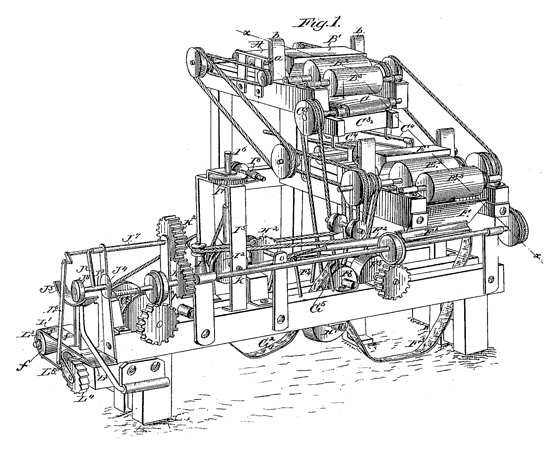Dictionary definitions
There’s only a certain level of consistency for the definition of “robot”, so it’s not as “cut and dry” as I originally suspected. ex:
https://en.wikipedia.org/wiki/Robot
"A robot is a machine—especially one programmable by a computer— capable of carrying out a complex series of actions automatically."
Note this was written and revised by many, many humans who seem to have reached a concensus.
http://www.dictionary.com/browse/robot
"A machine that resembles a human and does mechanical, routine tasks on command {or} any machine or mechanical device that operates automatically with humanlike skill."
https://www.merriam-webster.com/dictionary/robot
"A device that automatically performs complicated, often repetitive tasks (as in an industrial assembly line) {or} a machine that resembles a living creature in being capable of moving independently (as by walking or rolling on wheels) and performing complex actions (such as grasping and moving objects)"
You might be curious if RobotShop has an official definition of “robot” which dictates the type of products we offer and create, and at this time, we do not. There are certain products which are “unquestionably” robotic, but the likely goal of the question would be to see just how big the “grey area” is.
I (personally) prefer the incredibly broad definition that “a robot is a machine that senses and acts on its world”. By this definition however, it can be argued that a toaster is a robot because it “sensed” that a button was pressed and reacts by activating a heating element. I asked my toaster and it beeped enthusiastically in agreement. The microwave got jealous.
As technology evolves, the definitions which relate more to “machonery” might disappear and some level of (programmed) intelligence (for a response), actuation (even mobility?) and different reactions to different environmental input / conditions might be required.



